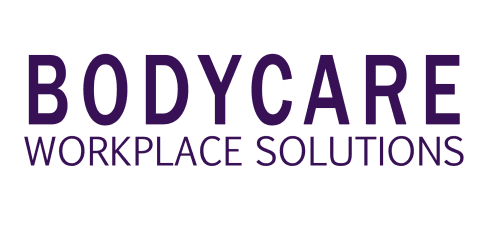Should your organisation offer mental health days, and if so, when should these be taken?

Building effective systems to prevent harm and promote health and wellbeing in your workplace also involves establishing initiatives with a focus on mental health. This may not seem as intuitive as implementing measures to manage physical injury or illness in your workplace, however a tailored approach to encourage mental wellness is equally as valuable.
With the growing evidence of burnout and feelings of overwhelm amongst employees in a variety of industries being linked to a steady increase in mental health compensation claims across Australia, it’s important to consider what can be done to support your workers in the trying times they might experience.
One initiative that we are seeing grow in popularity is the offering of ‘Mental Health Days’. Simply put mental health days are time off work designed to provide employees some extra mental bandwidth away from work; intentionally minimising commitments and responsibilities to allow space for healing the mind. This provides an opportunity for the worker to ‘recharge’ and recover, just as would often be necessary when a physical injury is sustained.
Taking a mental health day may also help alleviate symptoms of mental stress in employees before these begin to impact work performance. Making mental health days accessible can also empower workers to be proactive in seeking help or reporting their concerns to employers, by breaking down the stigma and misconceptions that often surround mental health issues.
An employee may need to utilise a mental health day in a variety of circumstances. To help discern whether these should be offered, there are some signs that might indicate if they would be beneficial to your organisation:
When employee work performance is affected
Workers who are stressed, burned out or experiencing intense psychological symptoms often also have difficulty maintaining focus or concentrating at work. It can become evident that tasks are not being completed at the same speed or to the same standard, and everything seems a bit more of a challenge than it normally would. In this scenario, it is important for employers to recognise that mental and physical ability are very much interconnected, and that a mental health day may lead to improved energy, motivation, mood and ability to manage stress for that employee. These benefits of a short-term break are likely to increase overall performance at work, allowing the worker to remain a productive part of the team and resulting in better outcomes in the long-term.
When employees are feeling “tired but wired”
It is common for people suffering from poor mental health to experience impairments in their sleep. The consequential exhaustion may cause a need to sleep at any hour of the day, but it can also lead to an inability to fall asleep at all. This sleep deprivation can have a negative effect on an employee’s cognitive, emotional and physical abilities, which can be linked to poor concentration, potentially putting themselves and other colleagues at risk on the worksite. Suggesting a day to rest and realign sleeping patterns could go a long way to mitigating this risk.
When employees need to attend an appointment with a mental health practitioner
It can often be difficult for employees to schedule mental health-related appointments around work, and so it can be valuable for them to feel as though they can be open about their reasons for taking some time off. Addressing mental health needs is just as essential as seeing a physician for a functional issue, and so facilitating the prioritisation of a worker’s mental health can provide benefits for your workplace in the long-term through reduced absenteeism. This is because the worker is more likely to feel supported and minimise anxiety around requesting time off or returning to work.
When a specific work-related event has caused disruption
Sometimes, it can be the psychosocial hazards encountered at work that trigger mental wellbeing issues for employees. Hazards can stem from the design or management of work such as job demands or lack of role clarity, all the way to workplace interactions or behaviours that could involve bullying or harassment, which can cause mental trauma. Taking a proactive approach in minimising these mental health hazards in your organisation, as well as supporting impacted employees to take some time to overcome them, is important for maintaining a mentally sound workplace.
Recognising these signs and promoting mental health is an essential part of creating a safe and mentally healthy workplace, being one that will benefit everyone – your employees, your workforce, your community… and your bottom line. When a business takes steps to support the mental health of their employees it also helps attract top talent, and keep the current talent performing at their peak.
Bodycare’s mental health specialists can help you establish a framework for offering mental health days, if these are a good fit for your organisation. We can also customise other workplace mental health programs to meet your specific needs. These programs give management and employees the tools to spot signs of poor mental health in the workforce and look after themselves, so that everyone can flourish at work, and can also include mental health first aid courses and mental health seminars. Contact our team today.


